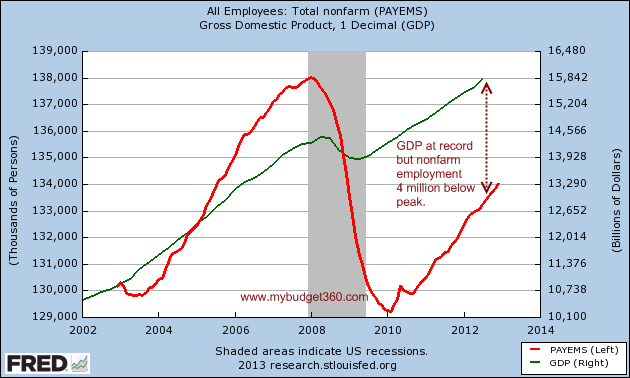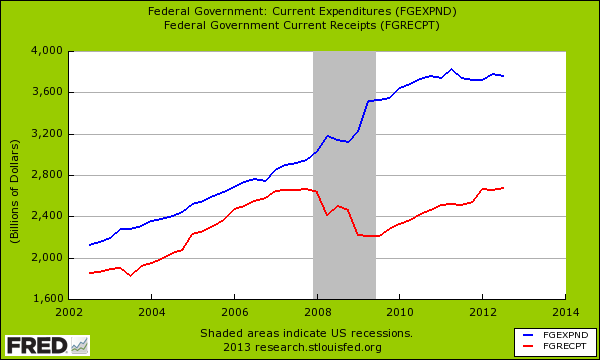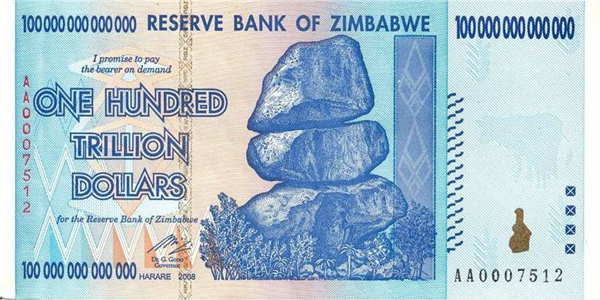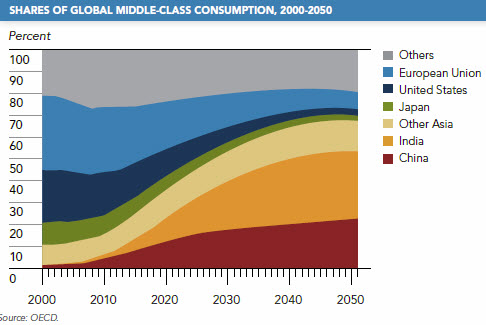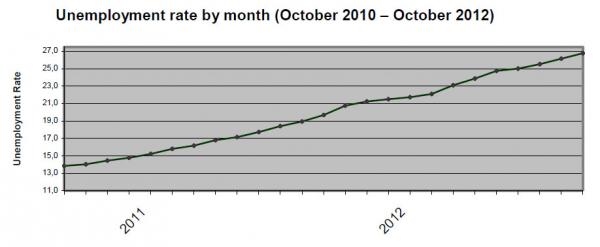If there were ever a sign that something is amiss, this may very well be it.
United Nations agricultural experts are reporting confusion, after figures show that China imported 2.6 million tons of rice in 2012, substantially more than a four-fold increase over the 575,000 tons imported in 2011.The confusion stems from the fact that there is no obvious reason for vastly increased imports, since there has been no rice shortage in China. The speculation is that Chinese importers are taking advantage of low international prices, but all that means is that China’s own vast supplies of domestically grown rice are being stockpiled.Why would China suddenly be stockpiling millions of tons of rice for no apparent reason?Perhaps it’s related to China’s aggressive military buildup and war preparations in the Pacific and in central Asia.
If a 400% year-over-year increase in rice stockpiles isn’t enough to convince you the Chinese are preparing for a significant near-term event, consider that in Australia the country’s two major baby formula distributors have reported they are unable to keep up with demand for their dry milk formula products. Grocery stores throughout the country have been left empty of the essential infant staple as a result of bulk exports by the Chinese.
A surge in sales of one of Australia’s most popular brands of infant formula has led to an unusual sight for this wealthy nation: barren shelves in the baby aisle and even rationing of baby food in some leading retail outlets.
We’d be more apt to believe the Chinese were panic-buying baby formula had the Chinese milk scandal occurred recently. The problem is that it happened four years ago. Are we to believe the Chinese are just now realizing their baby food may be tainted?
In addition to the apparent build-up in food stocks, the Chinese are further diversifying their cash assets (denominated in US Dollars) into physical goods. In fact, in just a single month in 2012, the Chinese imported and stockpiled more gold than the entirety of the gold stored in the vaults of the European Central Bank (and did we mention they did this in one month?).
Their precious metals stockpiles have grown so quickly in recent years that Chinese official holdings remain a complete mystery to Western governments and it’s rumored that the People’s Republic may now be the second largest gold hoarding nation in the world, behind the United States.
We won’t know for sure until the official disclosure which will come when China is ready and not a moment earlier, but at the current run-rate of accumulation which is just shy of 1,000 tons per year, it is certainly within the realm of possibilities that China is now the second largest holder of gold in the world, surpassing Germany’s 3,395 tons and second only to the US.
But the Chinese aren’t just buying precious metals. They’re rapidly acquiring industrial metals as well.
Spot iron prices are up to an almost 15-month high at $153.90 per tonne. The rally in prices, which started in December 2012, is mainly due to China’s rebuilding of its stockpiles as the Asian giant gears to boost its economy, which in turn, could improve steel demand.
The official explanation, that China is preparing stockpiles in anticipation of an economic recovery, is quite amusing considering that just 8 months ago Reuters reported that China had an oversupply, so much so that their storage facilities had run out of room to store all the inventory!
When metals warehouses in top consumer China are so full that workers start stockpiling iron ore in granaries and copper in car parks, you know the global economy could be in trouble.At Qingdao Port, home to one of China’s largest iron ore terminals, hundreds of mounds of iron ore, each as tall as a three-storey building, spill over into an area signposted “grains storage” and almost to the street.Further south, some bonded warehouses in Shanghai are using carparks to store swollen copper stockpiles – another unusual phenomenon that bodes ill for global metal prices and raises questions about China’s ability to sustain its economic growth as the rest of the world falters.
Now, why would China be stockpiling even more iron (and setting 15 month price highs in the process) if they had massive amounts of excess inventory just last year?
Something tells us this has nothing to do with an economic recovery, or even economic theory in terms of popular mainstream analysis.
Why does China need four times as much rice year-over-year? Why purchase more iron when you already have a huge surplus? Why buy gold when, as Federal Reserve Chairmen Ben Bernanke suggests, it is not real money? Why build massive cities capable of housing a million or more people,and then keep them empty?
It doesn’t add up. None of it makes any sense.
